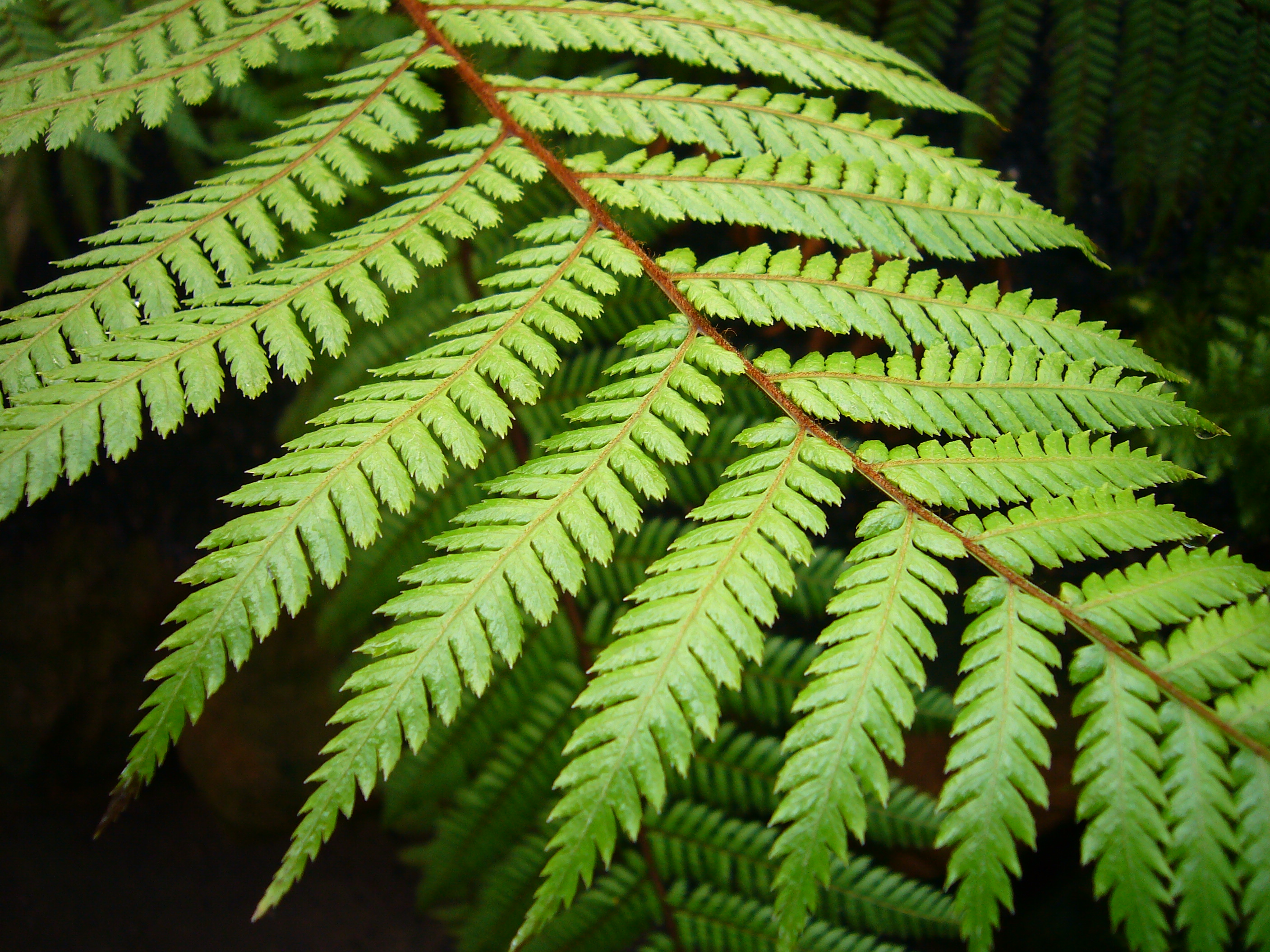Dicksonia squarrosa on:
[Wikipedia]
[Google]
[Amazon]
''Dicksonia squarrosa'', the New Zealand tree fern, whekī or rough tree fern, is a common

tree fern
The tree ferns are arborescent (tree-like) ferns that grow with a trunk elevating the fronds above ground level, making them trees. Many extant tree ferns are members of the order Cyatheales, to which belong the families Cyatheaceae (scaly tree ...
endemic
Endemism is the state of a species being found in a single defined geographic location, such as an island, state, nation, country or other defined zone; organisms that are indigenous to a place are not endemic to it if they are also found else ...
to New Zealand. It has a slender black trunk that is usually surrounded by many dead brown fronds.
Description
This species has a fast growth rate of up to a year, growing to about tall. It produces fewfrond
A frond is a large, divided leaf. In both common usage and botanical nomenclature, the leaves of ferns are referred to as fronds and some botanists restrict the term to this group. Other botanists allow the term frond to also apply to the lar ...
s, all of which sprout in almost horizontal fashion. The fronds reach in length, much smaller than ''Cyathea
''Cyathea'' is a genus of tree ferns, the type genus of the fern order Cyatheales.
The genus name ''Cyathea'' is derived from the Greek ''kyatheion'', meaning "little cup", and refers to the cup-shaped sori on the underside of the fronds.
D ...
'' varieties, and are quite crisp to touch. They form a small "umbrella" on top of the trunk. They are sometimes found sprouting from apparently dead pieces of trunk. The trunks are often used for fencing or edging and fronds will sometimes sprout from the side if the top is dead. A feature of the whekī is the spreading underground rhizomes
In botany and dendrology, a rhizome (; , ) is a modified subterranean plant stem that sends out roots and shoots from its nodes. Rhizomes are also called creeping rootstalks or just rootstalks. Rhizomes develop from axillary buds and grow ho ...
which can create dense groves, making it one of the most common tree ferns in New Zealand forests.
The Latin specific epithet
In taxonomy, binomial nomenclature ("two-term naming system"), also called nomenclature ("two-name naming system") or binary nomenclature, is a formal system of naming species of living things by giving each a name composed of two parts, bot ...
''squarrosa'' means "with curving ends" (referring to the fronds).
Human use
The whekī is quite hardy and tolerant to sun and some wind, but is best suited to a site with partial shade and minimal wind. It will tolerate some exposure to the elements – but can look quite scruffy in such a situation. Some protection should be considered over the winter months in climates with temperatures below 4–5 °C, e.g. shadecloth cover or straw packed in the crown. The fronds are small and compact, making this fern an ideal container or garden plant where space is limited. It has gained theRoyal Horticultural Society
The Royal Horticultural Society (RHS), founded in 1804 as the Horticultural Society of London, is the UK's leading gardening charity.
The RHS promotes horticulture through its five gardens at Wisley (Surrey), Hyde Hall (Essex), Harlow Carr (N ...
's Award of Garden Merit
The Award of Garden Merit (AGM) is a long-established annual award for plants by the British Royal Horticultural Society (RHS). It is based on assessment of the plants' performance under UK growing conditions.
History
The Award of Garden Merit ...
.
The Māori used to form fences of their fortified Pā
The word pā (; often spelled pa in English) can refer to any Māori village or defensive settlement, but often refers to hillforts – fortified settlements with palisades and defensive terraces – and also to fortified villages. Pā sites o ...
with the dead whekī trunks.
References
External links
* * Dicksoniaceae Endemic flora of New Zealand Ferns of New Zealand Trees of New Zealand Trees of mild maritime climate Garden plants of Oceania Ornamental trees {{Cyatheales-stub